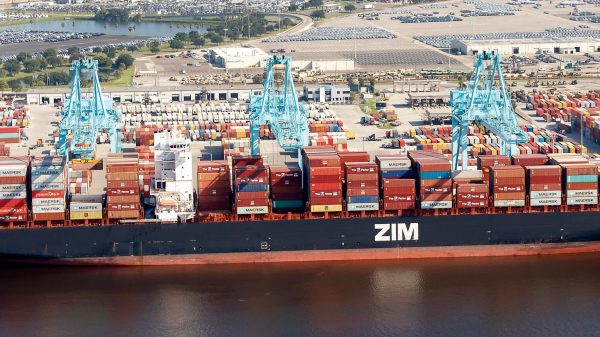By Kevin Buckland
TOKYO (Reuters) – The dollar fell to near a three-week low to the euro and a one-month low versus sterling on Wednesday, after unexpectedly soft U.S. inflation data cemented the view that the Federal Reserve will skip an interest rate hike later in the day.
sagged to a 6-1/2-month trough, continuing its slide after the central bank cut rates on Tuesday, amid speculation even more stimulus is on the way to support the sputtering post-COVID economic recovery.
The – which measures the currency against six major peers, including the euro and sterling – was little changed at 103.29 in early Asian trading, after dipping to the lowest since May 22 overnight at 103.04.
The U.S. consumer price index (CPI) edged up just 0.1% last month, and notched its smallest year-on-year increase since March 2021 at 4.0%.
That saw bets for a quarter-point hike to U.S. rates later on Wednesday pared to less than 6% currently, from 21% 24 hours earlier, according to the CME Group’s (NASDAQ:) FedWatch Tool.
“The soft inflation report effectively cements a Fed pause, although I doubt it will be enough to warrant a dovish undertone as it’s not in their interest with CPI twice the Fed’s target,” said Matt Simpson, senior market analyst at City Index, who points to 103 as a key support level for the dollar index.
“Whilst it was enough to send above 1.0800, it wasn’t enough to keep it there given a hawkish pause seems quite likely.”
The euro was little changed at 1.0791, after reaching a high of $1.08235 on Tuesday. The European Central Bank decides policy on Thursday, with a quarter-point rate hike widely expected.
Sterling edged 0.08% lower to $1.2602, but after soaring 0.8% in the prior session and hitting the highest since May 11 at $1.2625.
The dollar eased 0.16% to 140.02 yen. It rose to the highest since June 5 on Tuesday despite the soft U.S. inflation figures, with the Bank of Japan seen retaining ultra-easy policy settings on Friday.
The Australian dollar was flat at $0.6768, after reaching the highest since May 10 on Tuesday at $0.6807.
The garnered additional support from the People’s Bank of China’s decision to cut the seven-day reverse repo rate for the first time in 10 months on Tuesday. China is a key destination for Australia’s resource exports.
The next adjustment to rates could come as soon as Thursday, when the central bank is due to roll over 200 billion yuan ($27.93 billion) in medium-term lending facility (MLF) loans.
The yuan weakened slightly and touched 7.1785 per dollar in offshore trading for the first time since Nov. 29.
Read the full article here











